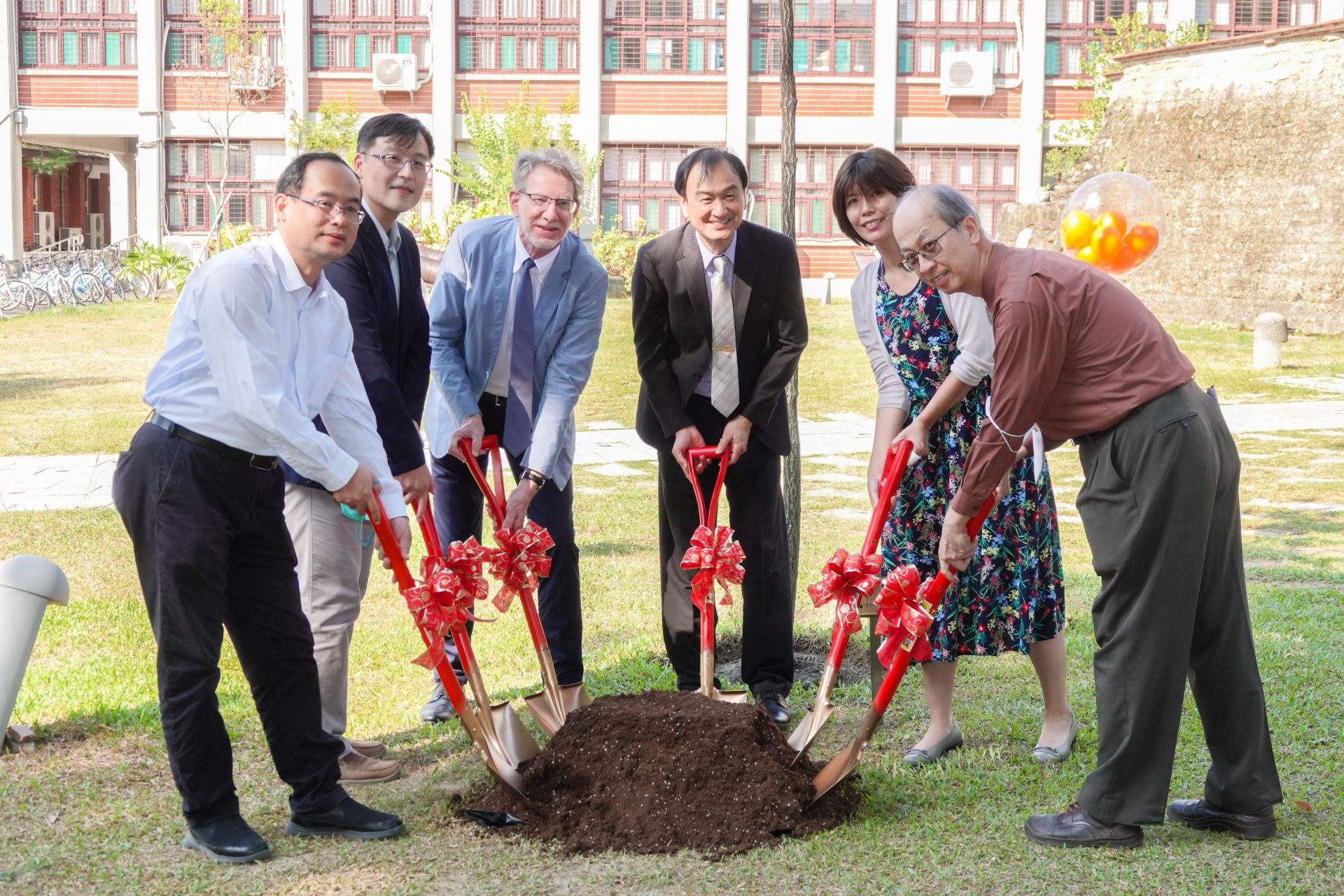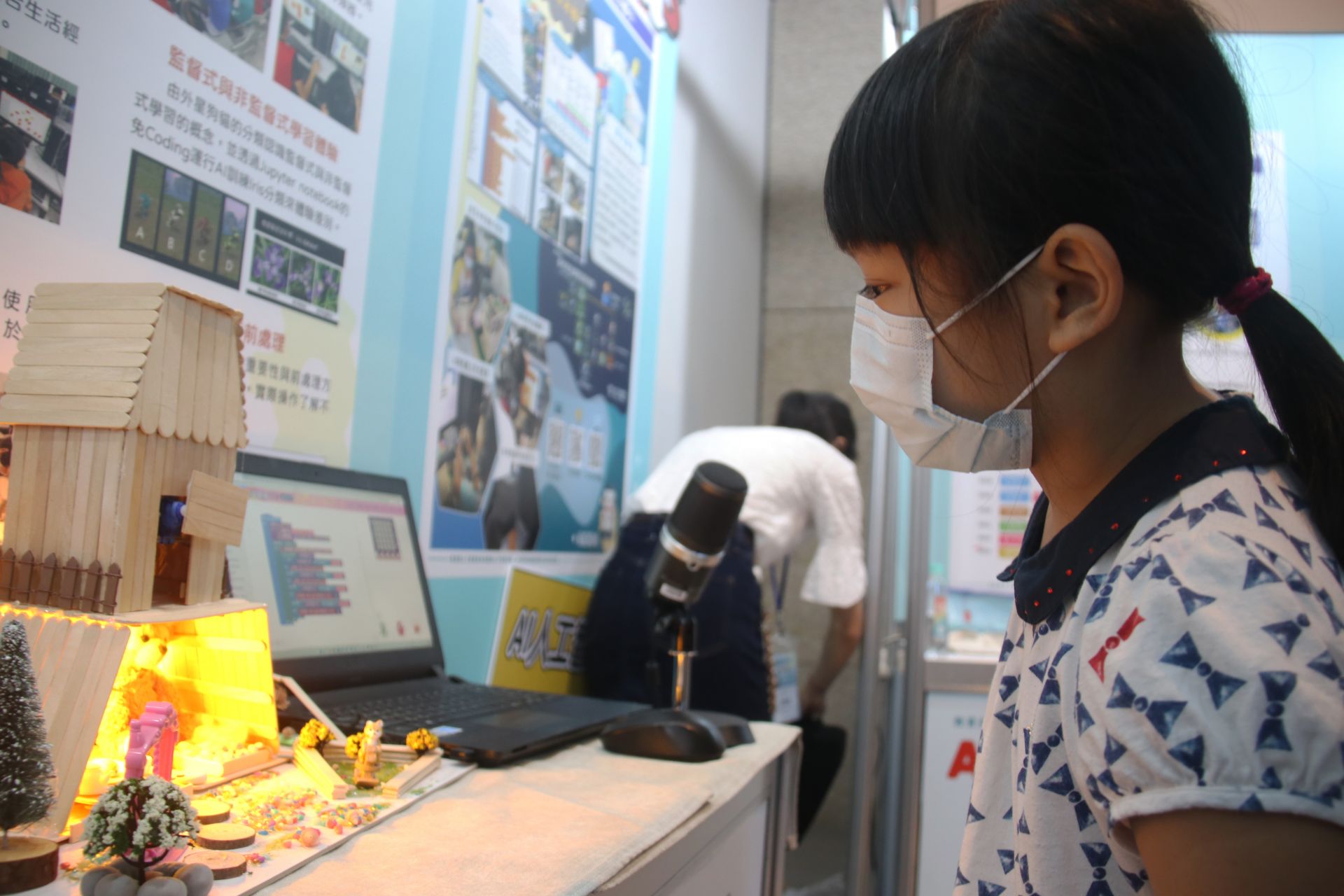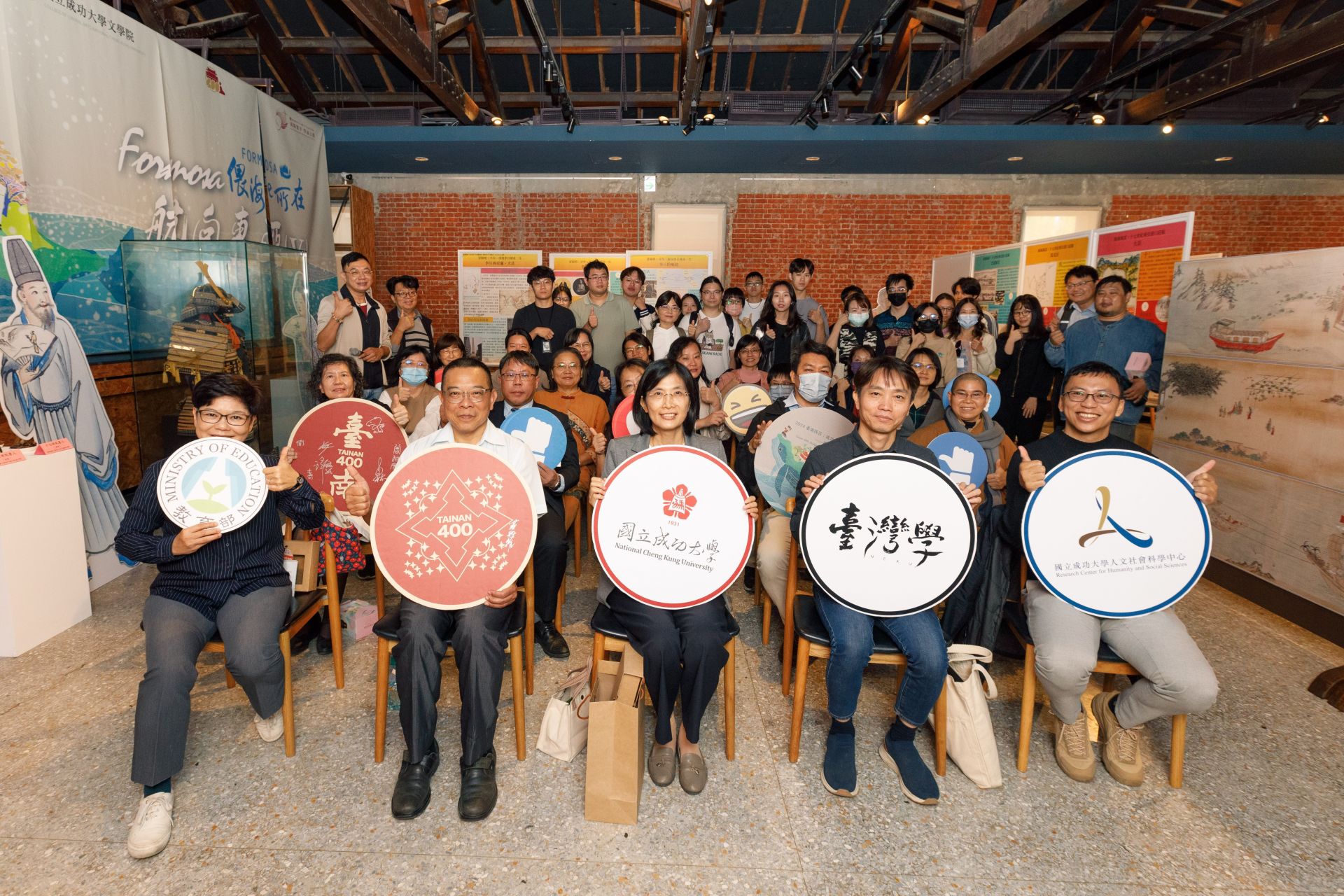NCKU Exploring New Paths for Integrating Teaching, Research, and Community Service through “Participatory Academia”
In 2025, NCKU has five USR-themed projects, all of which were approved under the Ministry of Education’s fourth phase (2025–2027) USR Implementation Plan. Through cross-college and cross-departmental interaction, this joint capacity-building event not only reflected the core spirit of NCKU’s USR implementation but also demonstrated how various USR projects within the university leverage interdisciplinary collaboration to propose solutions to societal challenges in Taiwan. The event aimed to promote cross-university connections, share experiences, and collectively develop strategies and actions that respond to the social needs of southern Taiwan, exploring feasible ways for universities to integrate social practice with regional harmony and sustainable coexistence.
The event began with opening remarks by NCKU Vice President Yuh-Neu Chen (陳玉女) and Honorary Professor Chiu-Fen Lin (USR Promotion Center co-host, Ministry of Education), followed by a keynote by Associate Professor Hsiu-Tzu Chang (張秀慈), Head of the Social Practice Division at NCKU’s Center for Humanities and Social Sciences, titled “Participatory Scholarship.” She outlined the process of implementing social practice from a faculty perspective, explaining how teachers integrate and leverage various resources to create new opportunities for localized practice and talent development. Her talk set the tone for the event, emphasizing a new academic culture and campus daily life centered on social participation and collaboration.
The morning session, “Diverse Pathways Integrating University Daily Life with Social Innovation,” was chaired by Distinguished Professor Sheng-Ju Jan (詹盛如), Vice President of National Chung Cheng University. Invited speakers included NCKU Associate Professor Hui-Wen Lin (林蕙玟) (Badlands Collaborative USR), Assistant Professor Shu-Hui Cheng (鄭淑惠) (Urban-Rural Companion USR), and Distinguished Professor Heng Chang (張珩) (Xingangdong USR), who shared innovative teaching, counseling, and research practices ranging from cultural and creative industries to psychological counseling and environmental therapy.
The afternoon session, “Opportunities and Challenges in Social Practice and Diverse Faculty Advancement,” chaired by Professor Shu-Chen Wang of Providence University, featured speakers such as Professor Chin-Fei Huang (National Kaohsiung Normal University) and Associate Professor Shih-Hsiang Sung (National Sun Yat-sen University), who reflected on the tensions and expectations between social practice and faculty career development by sharing experiences from managing social practice sites to navigating diverse promotion pathways.
The next segment, “Jointly Promoting the Formation of a Participatory Academic Culture,” was co-chaired by Professor Wei-Ju Huang (NCKU) and Lawrence Philbrook, President of ICA Taiwan. They led the ICA x NCKU youth facilitator team in a World Café workshop, facilitating cross-university experience sharing and fostering strategic and institutional reform recommendations. The event concluded with remarks by Professor Cheng-Ta Yang (楊政達), Director of NCKU’s Center for Humanities and Social Sciences, and Honorary Professor Chiu-Fen Lin, who emphasized the continued need for institutional support for social practice, enabling faculty, students, university staff, and community partners to collectively advance the long-term practice and sustainable implementation of university social responsibility.
The event’s venue design and lunch incorporated elements from the Xingangdong USR Project, showcasing social practice outcomes that integrate environmental psychology with local culture and mind-body therapeutic concepts. The space was decorated with greenery and arranged to create a therapeutic atmosphere, paired with low-carbon meals to allow participants to experience environmental co-benefits firsthand. The entire event was organized collaboratively by NCKU’s USR HUB, five Ministry of Education USR project teams, and their community partners, demonstrating cross-project and interdisciplinary co-creation in aspects ranging from agenda design and venue setup to dining, workshop facilitation, and event documentation, concretely embodying the theme of participatory scholarship.
Through its USR initiatives, NCKU has deeply understood the meaning of “participatory scholarship”—bringing teaching and research back into the context of people’s daily lives and institutionalizing support to embed social practice into academic culture. This joint capacity-building event gathered the strengths of NCKU and cross-university USR project teams, highlighting the university’s commitment not only to professional knowledge but also to being active practitioners of social responsibility. Faculty, students, and local community and government partners engaged in mutual learning and co-creation, forming a positive cycle of cross-disciplinary dialogue and action. NCKU continues to pursue the vision of “learning together, creating together, thriving together,” promoting cross-domain integration and local engagement, and opening up more inspiring and sustainable possibilities for the practice of university social responsibility.

The Center for Humanities and Social Sciences at National Cheng Kung University (NCKU), in collaboration with the Ministry of Education’s University Social Responsibility (USR) Promotion Center, jointly hosted the fifth session of the “2025 USR Joint Capacity-Building Series,” themed “Participatory Scholarship: Diverse Pathways Integrating Social Practice with University Daily Life.”

Professor Yuh-Neu Chen, Vice President of NCKU, delivered a speech.

Honorary Professor Chiu-Fen Lin, co-host of the Ministry of Education USR Promotion Center project, delivered a speech.

The morning session, “Diverse Pathways Integrating University Daily Life with Social Innovation,” was chaired by Distinguished Professor Sheng-Ju Jan, Vice President of National Chung Cheng University. Invited speakers (from right to left) included NCKU Associate Professor Hui-Wen Lin (Badlands Collaborative USR), Assistant Professor Shu-Hui Cheng (Urban-Rural Companion USR), and Distinguished Professor Heng Chang (Xingangdong USR), who shared their experiences and responded to questions from the audience.

The afternoon session adopted a “World Café” workshop format, inviting all participants to engage in discussions, consolidate cross-university experiences, and generate recommendations for strategic and institutional reforms.

At the event venue, NCKU’s “Xingangdong USR Project” showcased its social practice outcomes, creating a therapeutic atmosphere with greenery and thoughtful space design, while integrating low-carbon meals to allow participants to experience and understand the concept of environmental co-benefits through their senses.

SDG4FSE And NCKU Hold a Tree-Planting Ceremony to Celebrate Friendship and Deepen Talent Exchange Between The US and Taiwan
View more
SDG4《AI Is Not the Same as Imagined ?!》 Come to Tainan Art Museum for Exhibition and Feel the Charm of AI on the Weekend
View more



















